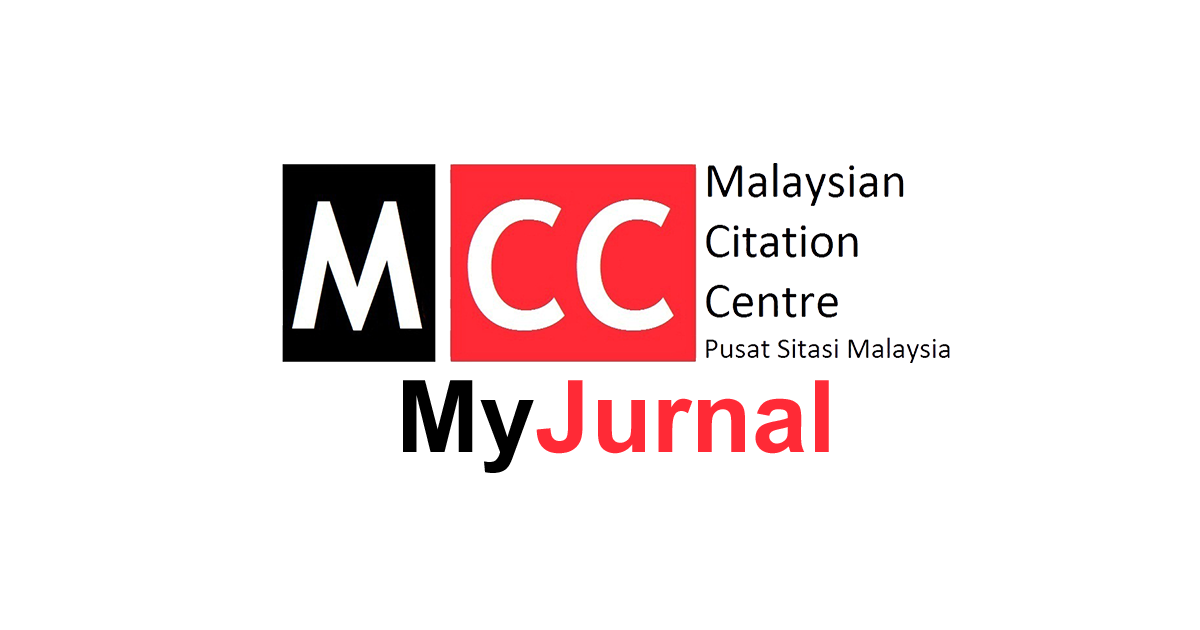CALL FOR PAPERS

“Business continuity management in maritime trade, logistics, transport and supply chain industries to reduce the impact of environmental catastrophe”
Call for papers for Journal of Maritime Logistics (JML)
Maritime logistics attributed to the physical integration of modes of transport facilitated by the type of cargo movement at minimal possible costs, fuel consumption, emissions and the evolving demands of end-users that require the application of logistics concepts and the achievement of global goals. Therefore, the concept of integration, be it physical (intermodal or multimodal), economic/strategic (vertical integration, governance structure) or organisational (relational, people and process integration across organisations) as an ongoing attempt to create greater value for shareholders and stakeholders.
Maritime logistics has been exposed to several substantial transformations including trade, containerisation and the fourth industrial revolution. The rapid increase in world trade uncertainty in the past decade has restructured the global maritime industry and has brought about new developments, deregulation, liberalisation, competition toward sustainability or global goals. The vicissitudes are kept mounting from various directions and these phenomena have caused instability in the maritime trade due to inconsistency in the logistics and supply chain as a whole.
Therefore, a concept of global goals to achieve the sustainable development in the maritime cluster emerged right on time to reduce the impact of this uncertainty which provides significant implications to global trade. The agility in the concept of sustainability is expected to provide a clear direction to the maritime cluster to sustain in the unpredicted trade environment.
The global goals for sustainability development in maritime logistics delivers foremost concern on conservation through the planet (environment), people (social) and profits (economy). Journal of Maritime Logistics with a theme entitled“Business continuity management in maritime trade, logistics, transport and supply chain industries to reduce the impact of environmental catastrophe” has taken the first step by providing a platform to gather valuable inputs from researchers around the globe to contribute their valuable ideas through significant academic research. Their ideas will be an eye-opener for us to embrace the concept of global goals in maritime logistics for the benefits of upcoming generations.
JML is an international multidisciplinary journal. This journal collects scholarly articles from different topics related to issues in the maritime industry. It provides the results of the latest research and analysis on foreland, seaports and hinterland. It also explores several substantial areas including logistics, policy, operation, logistics, management and navigation which related to three main agenda; ocean activities, seaports and hinterland. These components distinguish JML from the journals currently operating around the globe. This JML is an academic journal the first in Malaysia which will focus on the issues in maritime logistics.
JML is dedicated to researchers, policymakers, managers in the field of logistics and maritime and became the main source of reference for academics, the government and private as well as to anyone who applies maritime and logistics knowledge worldwide. This journal is expected to contribute to the development of science from theoretical and practical aspects.
JML focuses on the scope of the study and is not limited to the following research topics:
- Maritime transportation and logistics
- Seaports and seaport development
- Maritime management
- Maritime strategic
- Maritime clusters
- Maritime education and training
- Maritime policy
- Maritime archaeology
- Maritime tourism
- Maritime safety & security
- Maritime small and medium business
- Multi-modal transportation
- Maritime communication
- Maritime resources and management
- Maritime geography
- Maritime finance and economy
- Maritime education and training
- Maritime operation
- Humanitarian logistics
- Cruise Shipping
- Flag and crew management
- Supply chain management
- Global developments in maritime trade and sustainability
- Hinterland strategies & intermodal transport
- Human resources and their management in shipping
- Inland waterways
- International trade and the maritime industry
- Maritime accidents
- Navigation
- Operation research methods for shipping and terminals
- Optimum ship-size
- Maritime pollution




